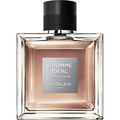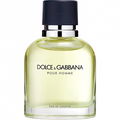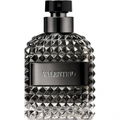We may earn a commission when you buy from links on our site, including the eBay Partner Network and Amazon.
Decadence Arina Franzén 1987 Eau de Parfum
A perfume by Arina Franzén for men, released in 1987. The scent is aquatic-citrusy. It was last marketed by Estēe Lauder Companies.
Compare
Compare
Main accords
Aquatic
Citrus
Fresh
Sweet
Fragrance Pyramid
 Top Notes
Top Notes  Mandarin orange
Mandarin orange  Green lemon
Green lemon  Green notes
Green notes  Marine notes
Marine notes  Heart Notes
Heart Notes  Freesia
Freesia  Jasmine
Jasmine  Lily of the valley
Lily of the valley  Rose
Rose  Base Notes
Base Notes  Cedarwood
Cedarwood  Cypress
Cypress  Gaiac wood
Gaiac wood  Musk
Musk Ratings
Submitted by Frankie · last update on 10/30/2018.
Source-backed & verified
Variant of the fragrance concentration
This is a variant of the perfume Happy for Men (Eau de Toilette) by Clinique, which differs in concentration.
Smells similar
What the fragrance is similar to








































